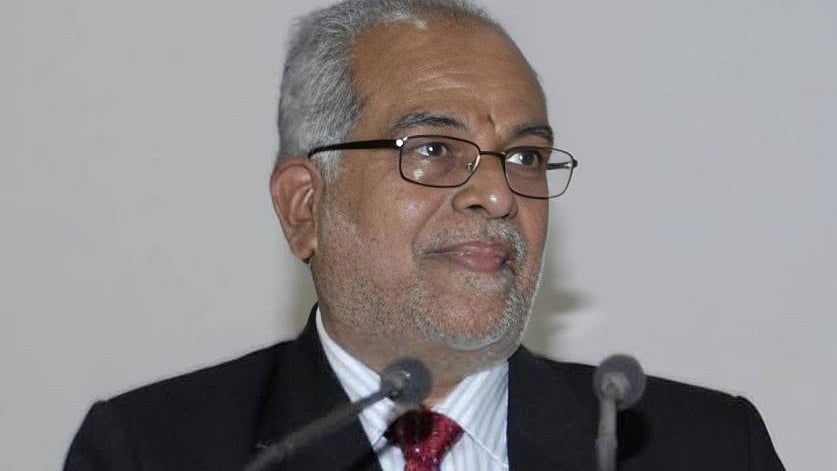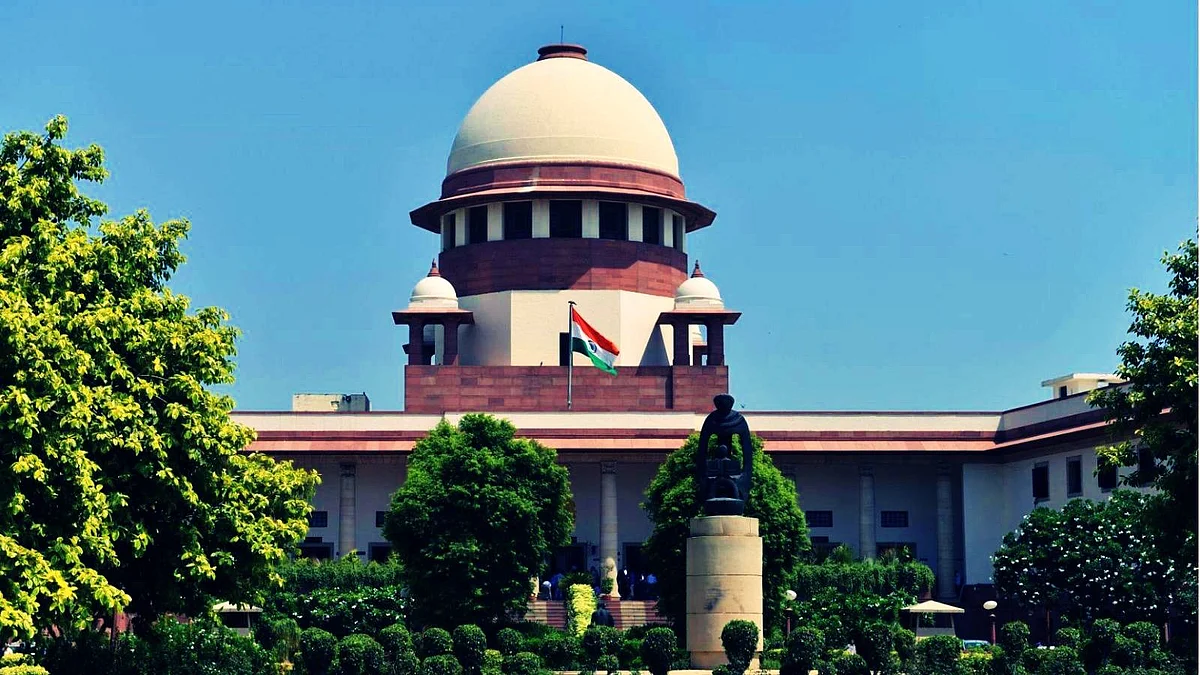Nine years after it entered the statute books and seven years after the ruling Bharatiya Janata Party made a commitment in Parliament to get rid of it, the government has finally had the good sense to do away with the infamous retrospective amendment to the Income Tax Act. The Taxation Laws (Amendment) Bill, 2021, which was passed by the Lok Sabha on Friday, amends the Income-Tax Act of 1961 and the Finance Act of 2012 to essentially do away with the scope for retrospective tax demands being raised by the authorities.
As per the new law, “No tax demand shall be raised in future on the basis of the said retrospective amendment for any indirect transfer of Indian assets if the transaction was undertaken before May 28, 2012” (the date on which the Finance Bill, 2012, received the formal assent of the President of India and became law). As Finance Minister Nirmala Sitharaman stated in Parliament during a debate on the Bill, the 2012 law, introduced by then Finance Minister Pranab Mukherjee, was “bad in law and bad for the investors’ sentiments”.
The finance minister also admitted that there were as many as 17 litigations due to the retrospective tax law, which was brought in after the tax authorities lost their demand for tax on an indirect transfer of assets in the Vodafone case in the Supreme Court. The apex court had ruled in 2012 that the tax could not be levied for the indirect transfer of shares of foreign companies.
The demand for taxes on ‘indirect transfer’ of assets – where the transaction takes place outside India’s tax jurisdiction but covers underlying assets in India – has been thoroughly thrashed out in Indian courts – where even the Supreme Court found it to be in favour of the taxpayers and against the government – as well as multiple international appellate forums, where too the government failed to make its case.
The retrospectivity to the clarificatory amendment – the Act was amended in 2012 with effect from 1961 – has been universally condemned by all stakeholders, particularly overseas investors, who have charged, with justification, that such amendments go against the principle of tax certainty and damage India’s image as an investor-friendly nation. India’s stubborn refusal to honour various bilateral investment protection treaties has also further damaged its hard-earned reputation as a nation governed by rule of law and due process, with enough institutional protection to check executive overreach or whimsy.
What is still inexplicable is why it took the government – particularly one run by the BJP, which had criticised the retrospective amendment as tantamount to ‘tax terrorism’ when it had been in the Opposition – so many years, and so many humiliating defeats in courts and arbitral forums, to see sense. The Bill, as passed, includes a clause to return the money seized from the litigants – Vodafone PLC and Cairn Energy – without interest, an offer these companies may not be willing to accept, given the extent of damage and financial loss they have suffered over the years.
A close reading of the Bill also supports the conclusion that the government has not essentially undergone a change of heart on such retrospective demands, only that these specific demands raised as a result of the 2012 amendment will no longer be maintained. This does not, as the finance minister averred in Parliament, end uncertainty for international investors.
As Union Finance Secretary TV Somanathan has stated, India is only “choosing” to end the disputes and not give up its “right to tax”. In fact, this ‘right to tax’ argument, which was the fulcrum of the government’s defence in multiple courts, was never challenged, either by the petitioners or the courts or arbitration tribunals. They have all repeatedly pointed out that a retrospective amendment to the law – effectively converting what was a legal and tax-compliant transaction at the time it was carried out into an illegal one years later – was inherently bad in law and not maintainable.
It is clear from the wording of the law as well as the subsequent statement that the government is moving to drop the controversial amendment after losing all possible legal recourse and with the imminent threat of global humiliation due to the seizure of its assets abroad by litigants looking to enforce their awards. This is quite unfortunate. One would have thought that the government would have done some genuine soul searching on how it reacts to negative rulings and awards. The default option has been to appeal any negative ruling.
As of 2018-19, over 4.8 lakh tax cases were pending in courts, many for very small amounts, where the cost of litigation has already far exceeded any potential revenue gain. Political leadership – the BJP has been no different than the Congress in this regard – has tended to blindly follow the advice of bureaucrats, without applying its mind to the larger reputational damage, as well as potential loss of investment caused by such litigation. It is time to hold officialdom to account for this.








.jpg)

